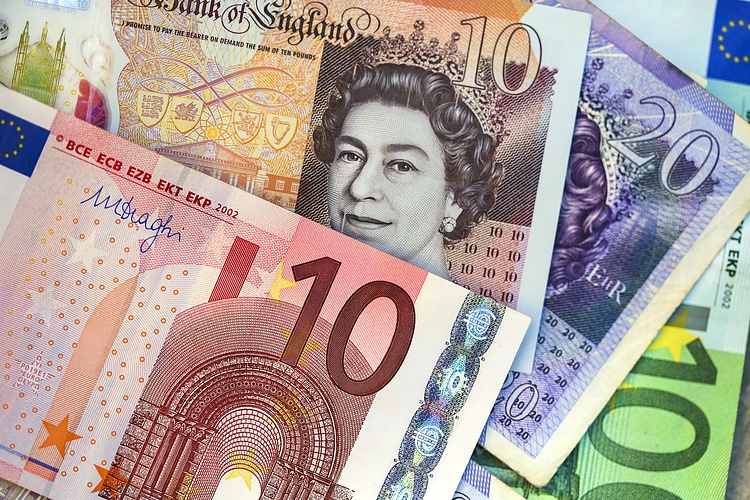The EUR/GBP cross is currently trading with mild losses around the 0.8475 mark during the early European session on Friday. The Pound Sterling (GBP) is experiencing slight gains as the Labour Party in the UK, headed by Keir Starmer, appears to have secured a significant majority in the recent parliamentary election. This outcome, with the party winning 337 seats in the House of Commons, is expected to bring about greater political stability, as suggested by Derek Halpenny, head of FX research at MUFG Bank. However, there is speculation of a possible interest rate reduction by the Bank of England (BoE) in the upcoming months, which could put pressure on the GBP.
The Euro (EUR) is also facing some downward pressure following the release of weaker-than-expected data regarding German Industrial Production for May. The output of German factories decreased by 2.5% MoM and 6.7% YoY in May, leading to modest losses for the EUR. Traders are now awaiting the Eurozone Retail Sales data for May, which is anticipated to show an improvement of 0.1% YoY. The performance of the Eurozone economy, along with the outcome of the UK election, will likely influence the direction of the EUR/GBP pair in the near term.
The Pound Sterling (GBP) holds a significant position in the global foreign exchange market, accounting for 12% of all transactions with an average daily turnover of $630 billion. Its primary trading pairs include GBP/USD (‘Cable’), GBP/JPY (‘Dragon’), and EUR/GBP, with GBP being issued by the Bank of England (BoE). The value of the GBP is primarily influenced by the monetary policy decisions made by the BoE, particularly in relation to maintaining price stability through adjustments in interest rates.
Monetary policy decisions by the BoE are crucial in determining the value of the Pound Sterling. The central bank aims to achieve a steady inflation rate of around 2% by adjusting interest rates based on economic conditions. High inflation prompts the BoE to raise interest rates to curb it, making the UK more attractive for global investors. Conversely, low inflation may lead to rate cuts to stimulate economic growth. Economic indicators such as GDP, PMIs, and employment data also play a significant role in determining the strength of the GBP.
Trade Balance is another important factor that influences the value of the Pound Sterling. This indicator evaluates the difference between a country’s exports and imports over a specific period. A positive trade balance, indicating higher exports than imports, enhances the demand for the domestic currency. Strong economic data and a positive trade balance can attract foreign investment and support a stronger GBP, while weaker data may lead to depreciation of the currency.
In conclusion, the recent developments in the UK election and economic data releases have impacted the performance of the EUR/GBP pair. While the Labour Party’s victory has provided a sense of stability for the GBP, uncertainties regarding the BoE’s interest rate decisions and economic indicators continue to influence the currency. Traders will closely monitor upcoming data releases and political developments to assess the future direction of the EUR/GBP pair in the evolving market scenario.











